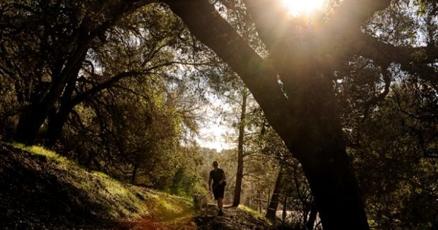Green Revolution: Midland School Lands Massive Eco-Restoration Funding

Midland School Receives Generous Grant to Support Environmental Conservation
Midland School has been awarded a significant $25,000 grant from the Santa Barbara Foundation, generously funded through the Hollis Norris Fund for Conservation, Environment, and Public Trails. This substantial financial support will enable the school to advance its environmental initiatives and contribute to local conservation efforts.
The grant represents a meaningful investment in the school's commitment to environmental stewardship and outdoor education. By leveraging these funds, Midland School aims to enhance its existing environmental programs and create new opportunities for students to engage with and protect the natural landscape.
The Hollis Norris Fund's support underscores the importance of nurturing environmental awareness and conservation efforts among young learners. This grant will help Midland School continue its mission of educating and inspiring students about the critical role of environmental preservation.
